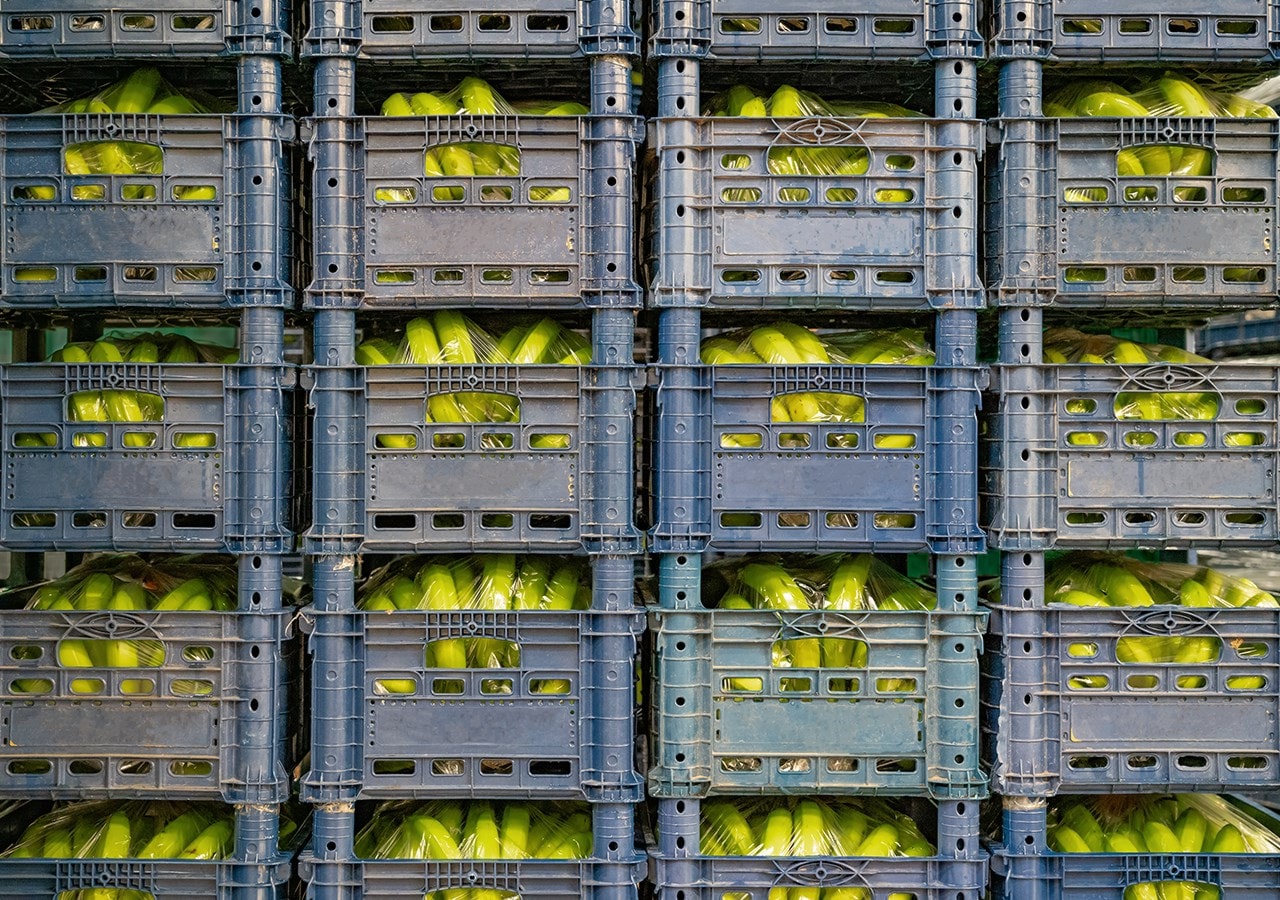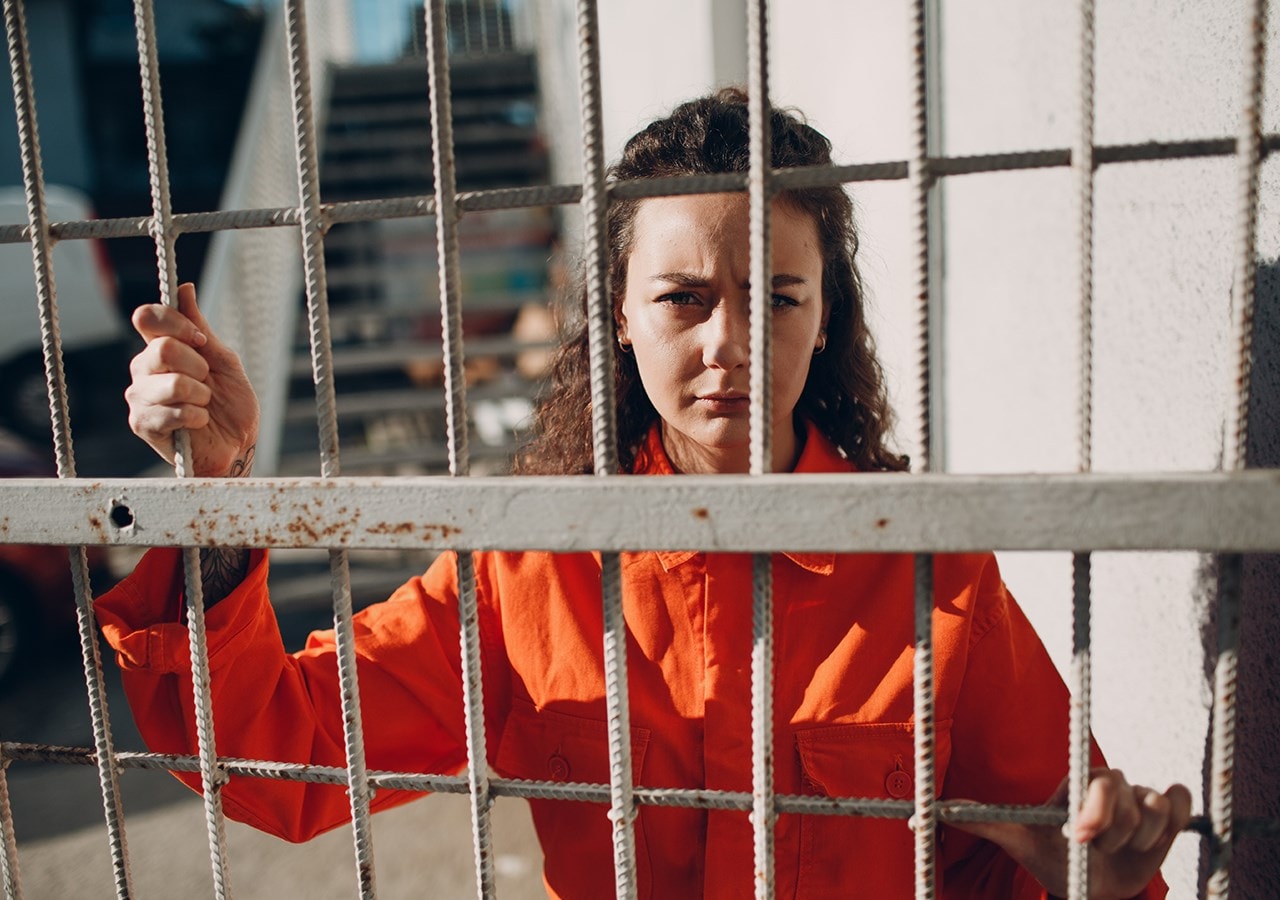Colombia - Drug Smuggling
The Club's Correspondent, A&A Multiprime Corp, has released its 2024 Colombia Drug Smuggling Report, offering a thorough analysis of the shifting challenges encountered by authorities and the maritime industry in their efforts to combat narcotics trafficking.
The report's release follows a significant event on 8 February 2024, when British authorities announced the seizure of an unprecedented 12,500 pounds of cocaine hidden within a banana shipment from the Port of Turbo, Colombia, to Southampton. This record-breaking interception serves as a stark reminder of the advanced techniques utilised by drug cartels to smuggle substantial quantities of narcotics into Europe and the UK, underscoring the global impact of Colombian narcotics.
In response to these challenges, Dirección Nacional Marítima (DIMAR) has identified several new concerns in 2024. Among them is the alarming trend of drugs being smuggled in containers of fruit, coal, and scrap cargoes. Of particular note are reefer containers carrying bananas from regions like Urabá and Magdalena, which have been flagged for increased scrutiny. Bulk cargoes such as coal and scrap are also under the radar, with drug smugglers frequently exploiting these shipments to conceal illegal substances. Recent discoveries have included substantial amounts of cocaine disguised as "fake coal" within bulk cargoes, prompting specialised tests for detection.

Moreover, authorities suspect that drug trafficking gangs may be utilising hidden storage locations near main terminals to reduce the risk of detection during transportation by road. This unsettling trend is compounded by potential collaboration from personnel at these terminals. There are rising concerns over increased instances of bribery, threats, and extortion targeting port officers, security personnel, and even crew members.
The report highlights the ever-evolving strategies used by Colombian drug traffickers. From hiding drugs in remote locations onboard vessels to camouflaging them within bulk cargoes, such as coal, traffickers are continually adapting. They also utilise methods like introducing bags filled with drugs in sea chests or attaching them to the vessel's hull using divers, though these tactics have become less common due to improved security measures.
To address these challenges, DIMAR's Resolution No. 0502 of 2023 (free English translation) mandates that foreign ships configure their Ship Security Alert System (S.S.A.S.) for prompt reporting of security incidents. Vessels are strongly advised to undertake drug inspections, especially in high-risk ports, and stay updated on specific security requirements. Immediate actions outlined in the report in case of drug discoveries onboard include contacting local authorities and refraining from touching the drugs. This is critical due to the severe punishments under Colombian law for drug trafficking offenses.
The 2024 Colombia Drug Smuggling Report offers insights into the evolving strategies of drug traffickers and the heightened risks within Colombian ports. With vigilance, strict adherence to preventive measures, and response protocols in place, vessels can mitigate these challenges with heightened security and awareness.

